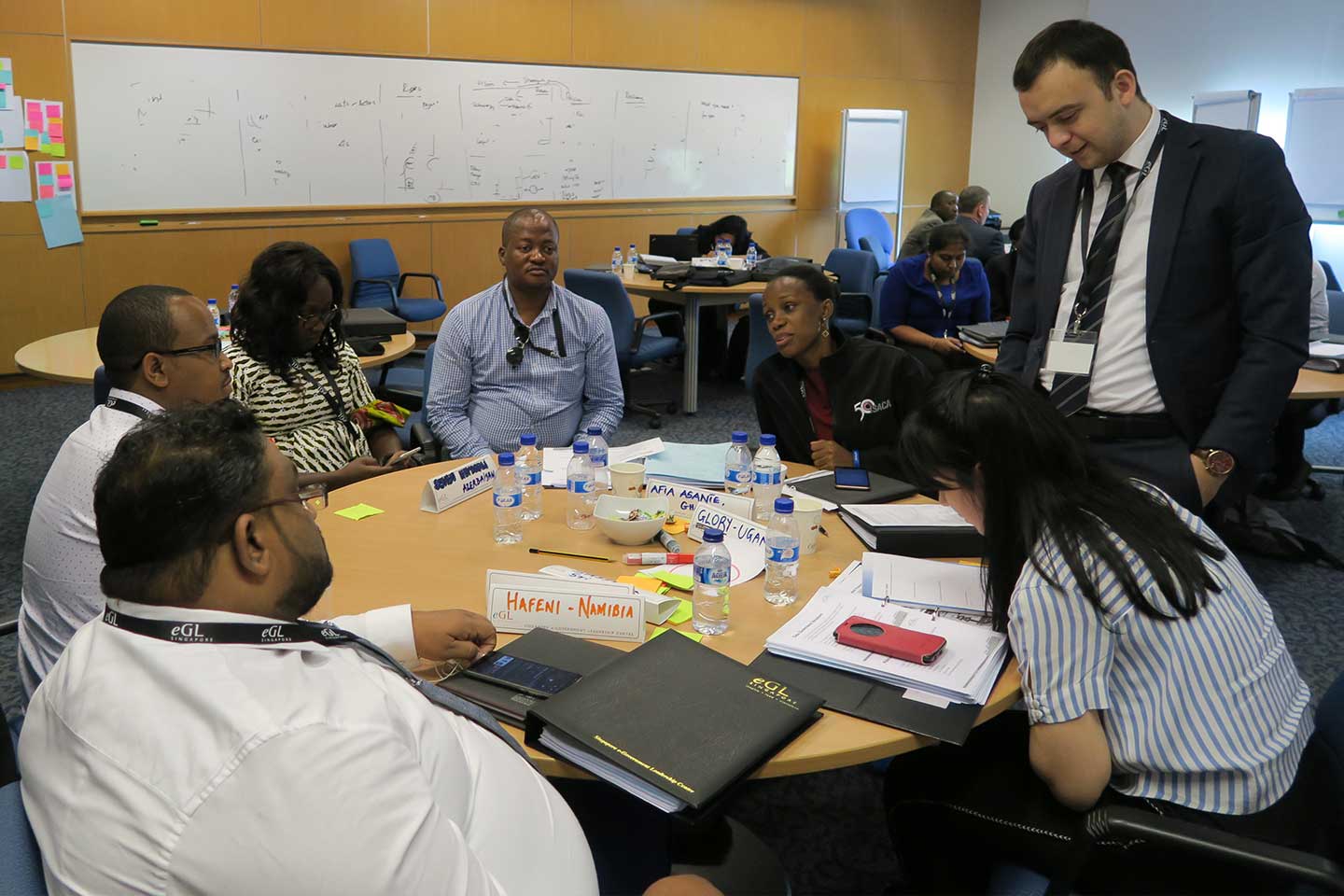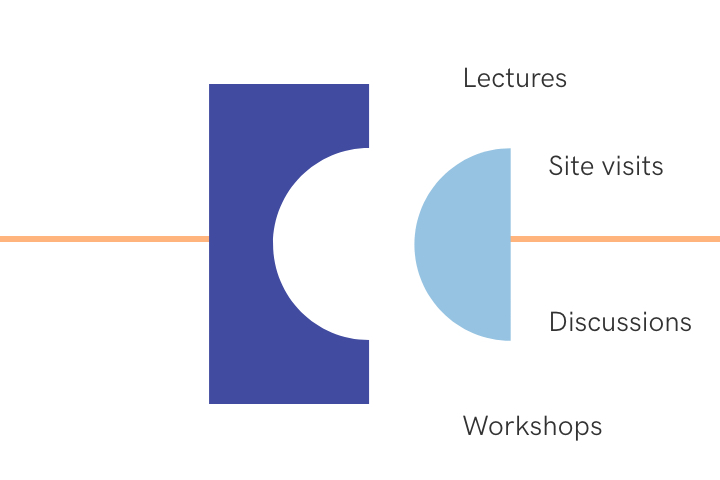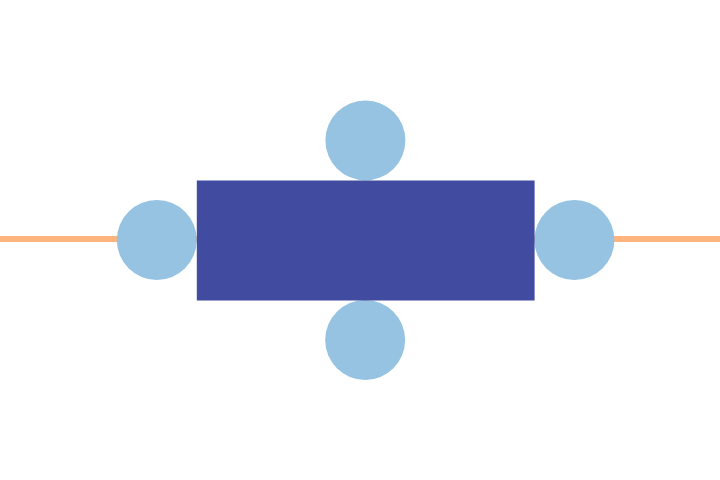Centres of Excllence
Centres of Excllence
Smart Health Leadership Centre
Smart Health Leadership Centre
NUS-ISS launches Singapore’s first Professional Diploma in Smart Health Leadership
New stackable Professional Diploma, aimed at empowering healthcare professional with key skills to drive transformation in local healthcare industry.
Offered by the Smart Health Leadership Centre, the diploma is offered in a bite-sized, stackable format. Participants have the flexibility to complete all five short training courses in any order and at any time that suits their working schedule. The completed courses will stack up towards the Professional Diploma, and can be done over five years. Learners are also required to complete a 25-day capstone project, where they get to design and pilot healthcare solutions.
The first cohort of 15 students from the National University Health System (NUHS) – who are mainly healthcare professionals from the JurongHealth Campus which comprises the Ng Teng Fong General Hospital (NTFGH) and Jurong Community Hospital (JCH), commenced the programme in September 2018.
Mr Foo Hee Jug, Deputy Chief Executive, NUHS and Chief Executive Officer, Ng Teng Fong General Hospital, said, “With the national emphasis on productivity and sustainability, we are excited to be part of the programme, to build a team of healthcare professionals at NUHS who are future-ready and constantly innovating to transform the delivery of care. The programme will enable our participants to re-think current processes to see how and where to improve; as well as stay relevant by exploring the use of technology advancement, artificial intelligence and data analytics to enable faster access to care and improve outcomes.”
Student, Ms Christine Wu, Senior Manager, Quality, Innovation & Improvement, Ng Teng Fong General Hospital, shared, “It is vital that we keep abreast with the evolving technological landscape in healthcare. This course fosters learning in the key areas of Service Design, Business Process Reengineering, Digital Transformation Planning and Data Storytelling. The programme provided me with both theoretical and practical tools to better grasp the key concepts and learning objectives. The wide exposure and emphasis on artificial intelligence and data analytics shapes and reforms patient experience and improves the delivery of patient centred care outcomes in the organisation.”
Established in 2015, the Smart Health Leadership Centre supports those working in the broad health and care sector to bring about the transformation required to meet future health needs. Its mission is to transform the future experience of health through technology, data and design; delivering impact through training, research and collaboration.
Applied Research Projects:
- Grant-Funded Projects
- Collaborative Projects
- Student Research Projects
- Wearable: Intelligent Gait (iGait) assistive device for elderly patients with Parkinson Disease. Enabling Innovation Grant, National Innovation Challenge for Active and Confident Ageing, National Medical Research Council (NMRC), Ministry of Health (2017–2020).
- Digital Apps: Project that explored the feasibility of self-administered auricular acupressure, integrated with mobile device reminders for weight reduction. The Hong Kong Polytechnic University Internal Research Grant. (2018–2019).
- Digital Apps: A randomised controlled trial on the effectiveness of an interactive Colorectal Cancer self-Management enhancement smartphone-based psycho-social intervention programme (iCanManage) on patients with colorectal cancer and their family caregivers. Singapore Cancer Society Cancer Research Grant 2018. (2019–2021).
- Gamification: Development of an m-Health Rehabilitation System for Stroke Patient Recovery. Tote Board Enabling Lives Initiative Grant. (2018–2021). Close to S$600,000 in funding was received in support of this project.
- IntCarer: AI-enhanced integrated care research project that brought together healthcare and social care sectors to create patient-centered home-based care plans. Solutions include a shared, remote view of the patient via dedicated digital dashboard, and AI devices in senior’s homes to nudge health behaviours and social isolation.
- Social Isolation Toolkit: The development of a cross-sectoral toolkit to support identification of social isolation in individuals (ongoing).
- Humanoid Research Project
- Virtual Robotic System
- Augmented Reality System
- EEG-controlled Robotic Limb
- Smart Reception for AISG
- Smart Knee Brace
- Intelligent Sensing Glove
- Machine Learning for Diabetes Prediction
- EEG signal analysis and classification with machine learning methods
- Eldercare App
- Brain lesion detection and segmentation using deep learning
Industry Collaborators:
- Minitstry of Health Office for Transformation
- Alexandra Hospital
- SG Enable
- RGA
- Ministry of Social and Family Development
- Lions Befrienders
- Stroke Support Station
- NUH
- Singhealth
- Hong Kong Poly University
- NUS School of Medicine
- Yishun Community Hospital
- Allied World Healthcare
- Prudential
- Social Innovation Fest
Publications:
- Sowndarya S, Tian J & Chua M (2018). Action Recognition Using Multi-directional Projected Depth Motion Maps. Journal of Ambient Intelligence and Humanized Computing. doi: 10.1007/s12652-018-1136-1
- Ho N, Wong PM, Chua M & Chui CK (2018). Virtual Reality Training for Assembly of Hybrid Medical Devices. Multimedia Tools and Application. doi: 10.1007/s11042-018-6216-x
- Li R, Tian J & Chua M (2018). Facial expression classification using salient pattern driven integrated geometric and textual features. Multimedia Tools and Application. doi: 10.1007/s11042-018-6133-z
- Tang SY, Hoang NS, Chui CK, Lim JH & Chua M (2019). Development of Wearable Gait Assistive Device Using Recurrent Neural Network. 2019 IEEE/SICE International Symposium on System Integrations (SII).
- Tang SY, Hoang NS & Chua M (2018). Development of a wearable gait rehabilitation device with tactile-based stimulation. The 5th Rajabhat University National & International Research and Academic Conference. Thailand.
- Koh WK & Chua M (2018). Design and Architecture of a Mobile Hand Rehabilitation System for Stroke Patient. The 5th Rajabhat University National & International Research and Academic Conference. Thailand.
- Lim CW, Yeo EB, Ng ES & Chua M (2018). Obstacle Avoidance for Autonomous Driving using Neuro-Fuzzy Architecture in an Urban Landscape. International Conference on Intelligent Rail Transportation. IEEE.
- Liu K, Li Y, Ma TK & M Chua (2018). Social-behavior Knowledge Extraction from Videos. Vision Meets Cognition Workshops.
- Sandeep S, Jaipurkar, Wang J, Zeng Z, Sin GT, Veeravalli B & Chua M (2018). Automated Classification Using End-To-End Deep Learning. In the 40th Annual International Conference of The IEEE Engineering in Medicine and Biology Society. IEEE. doi: 10.1109/EMBC.2018.8512356
- Que Q, Tang Z, Wang R, Wang J, Chua M, Sin GT, Veeravalli B, Zeng Z & Yang X (2018). CardioXNet: Automated Detection for Cardiomegaly Based on Deep Learning. In the 40th Annual International Conference of the IEEE Engineering in Medicine and Biology Society. IEEE. doi: 10.1109/EMBC.2018.8512374.
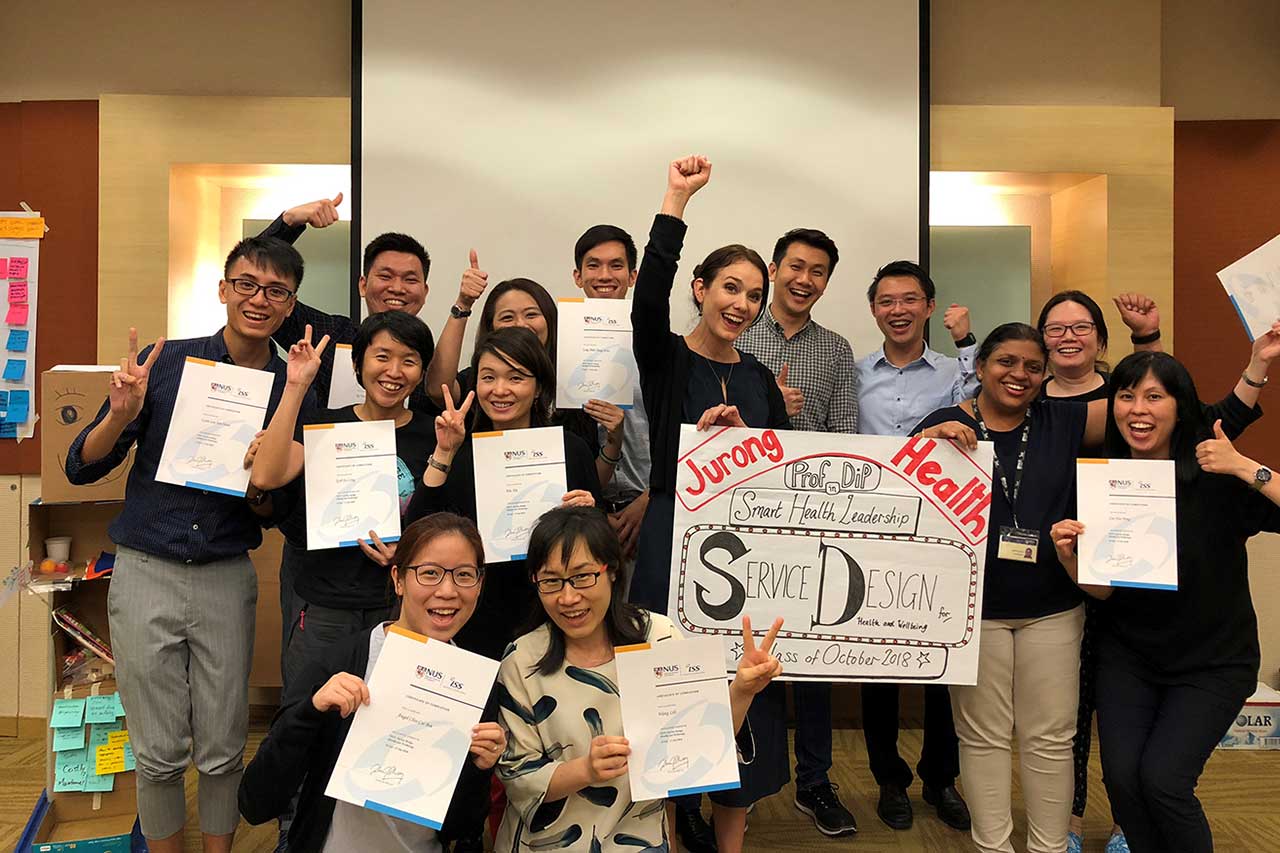

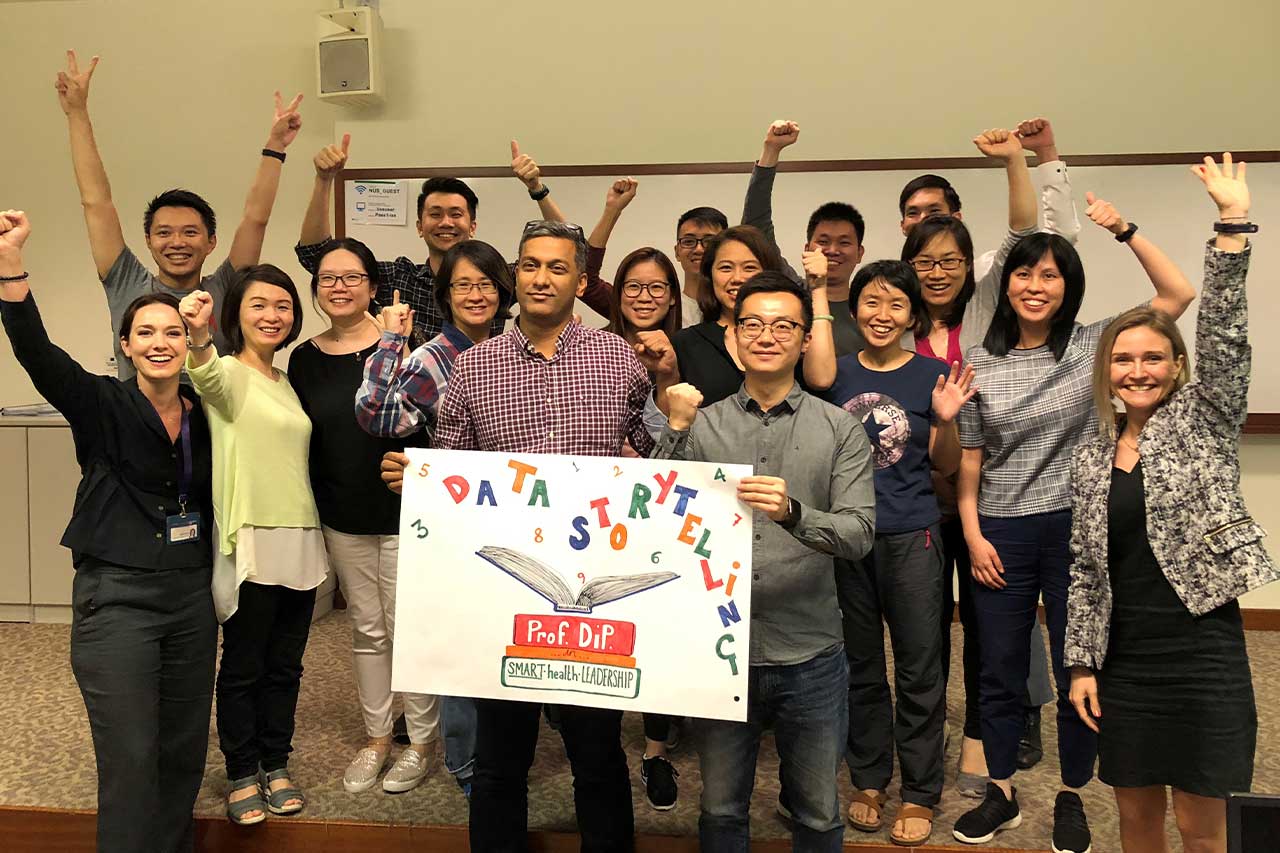
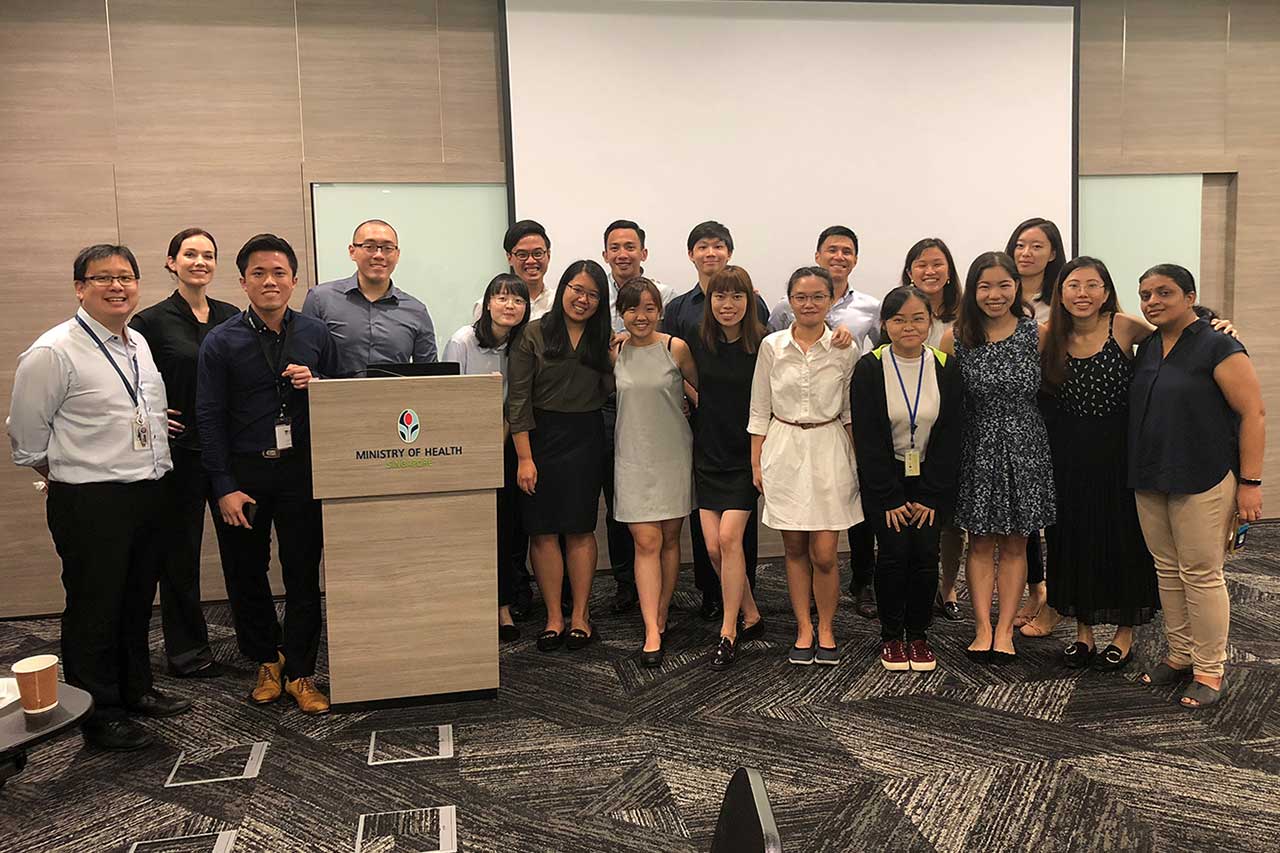

e-Government Leadership Centre
The e-Government Leadership Centre (eGL) was officially established in 2006 with the key objective to contribute to e-Government developments in other countries by providing leadership education programmes founded on Singapore’s practical implementation experience. The eGL helps leaders of government to innovate and transform through e-Government education, and consulting and research.
We believe that public service leaders must align their e-Government initiatives to the national and organisational vision. Our carefully designed lectures, site visits and workshops at the Singapore e-Government Leadership Centre aim to engage and inspire leaders through training and research opportunities on these areas:
- Public Service Innovation
- Citizen Engagement
- Digital Government Transformation
- Smart Nation
Digital Government Leadership Journey
eGL collaborates with countries to develop their own capabilities in a systematic way that will be directly and immediately useful in their countries. Since 2006, eGL has been providing world-class capacity building, research and consulting in the domain of Digital Government.
The Digital Government Leadership Journey is designed to guide the government agencies in understanding challenges, and exploring solutions by designing customer journeys and architecting end-to-end solutions. It includes a study visit to Singapore, during which site visits, workshops and discussion sessions will cover domains such as Innovation, Transformation, Emerging Deep Technologies and Citizen Centric Design.
This way, the countries can become self-sufficient in developing policies, sustainable ecosystems and digital government transformation strategies and initiatives from a citizen-centric viewpoint, and deploy them successfully.
Summary of key programmes we’ve delivered this year:
-
Ministry of Foreign Affairs (MFA)
Singapore Cooperation Programmes (SCP)eGL has delivered 30 classes for over 1000 overseas delegates under the MFA SCP program since 1995. Since its inception in 2006, we delivered over 48 classes for 1,396 participants. This year 5 classes were delivered for 132 participants from 25 countries, including Estonia, India, Russia, ASEAN, Gulf and Europe. The topics ranged from Smart Nation Strategies to Cybersecurity.
-
Australian Government Officers
Senior public service officers from Australia attended a learning journey on Leading Digital Government Transformation. In addition to discussions with government agencies, such as GovTech and IMDA, they also went on a site visit to Our Tampines Hub (OTH) to understand more about Singapore’s public service delivery and community engagement.
-
Bangladesh CXO Programme
eGL commenced the CXO programme that is aimed to deliver learning journey for IT and IT Enabled Services in Bangladesh. The objective of the programme is to share the trends and best practices to help companies undertake strategic digital transformation planning and implementation. Beyond the classroom sessions, there were also interaction and networking opportunities with Singapore technology industry and start-ups.
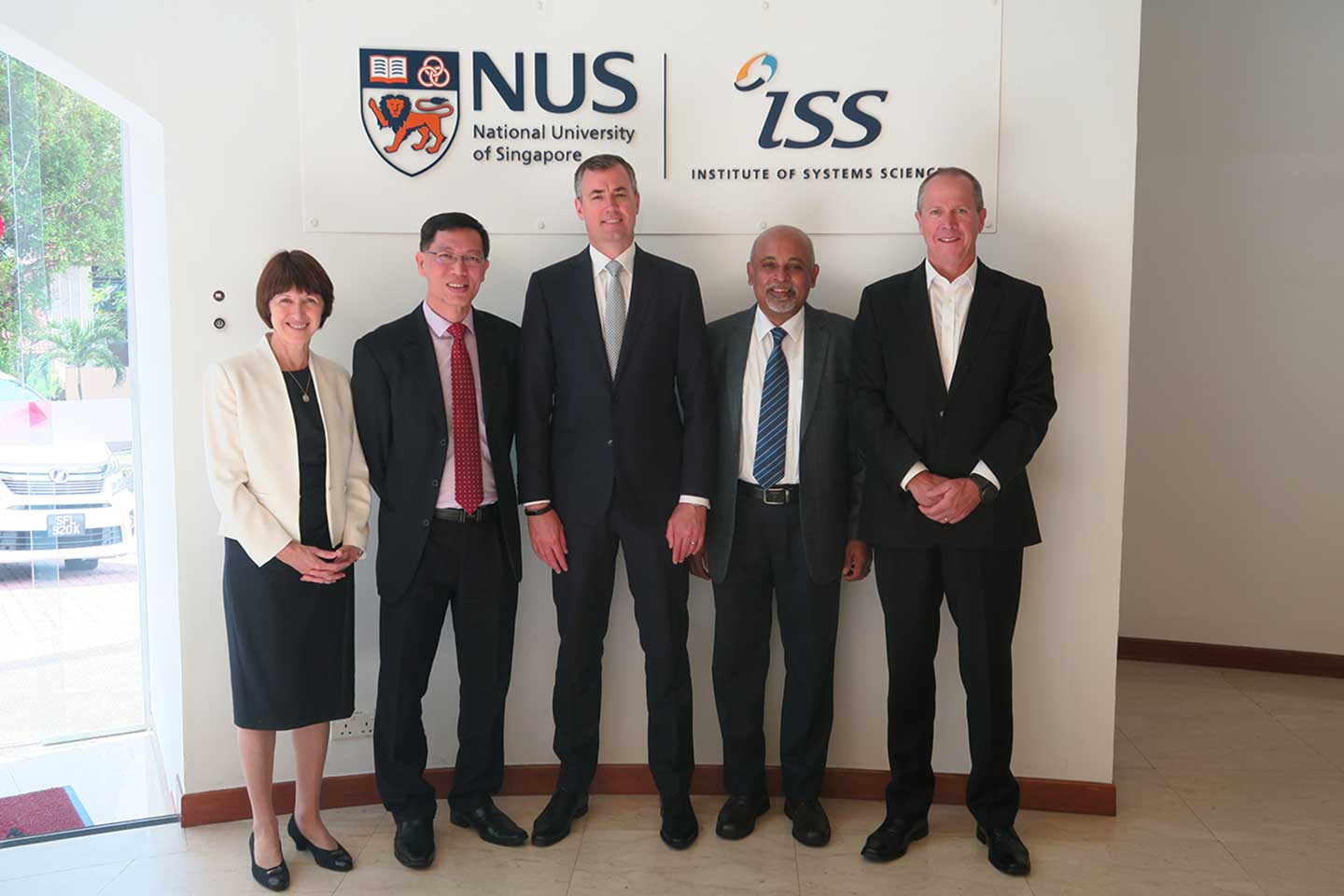
Mr. Manish Kumar
MD & CEO, NSDC, India
“NSDC endeavours to work closely with eGL to identify the future of skills and develop the required competencies in India. I am sure that through this collaboration we will create training opportunities that could fulfil the aspirations of our youth and help us keep pace with the technological changes in the world.”
